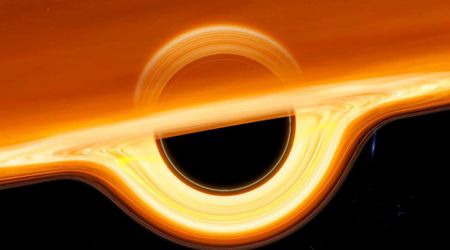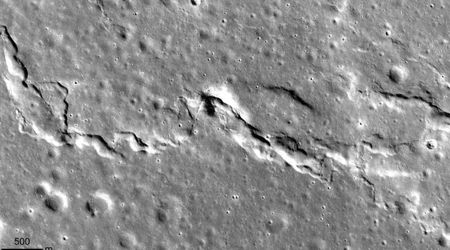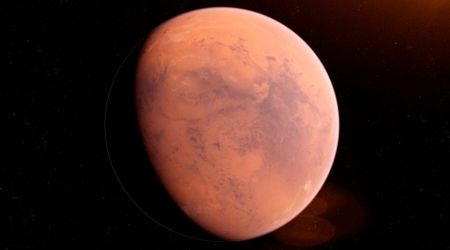EU Space Act nears a monumental launch, aiming to unify rules governing space operations

The space industry of Europe will be overhauled by a draft of the Space Act to be published by the end of June. Companies engaging with the European space market will be unified under its legislative clauses, according to SpaceNews. As the European Union (EU) plans to increase efforts in space autonomy, this ambitious act will provide sustainability while shifting geopolitical winds. This act by the European Commission is expected to create a cohesive system of regulations and ensure sustainability, safety, resilience, and security in key areas of space.

The main aim of introducing the Space Act is to assemble a reliable “single market for space services in Europe.” It will reduce the administrative obligation to navigate the “fragmented patchwork” and take down barriers with a unified framework and strict adherence for companies, governments, and organizations to operate in space. “This would be a substantial change from the recent international emphasis on voluntary codes of practice and similar measures,” stated John Worthy, a partner at Fieldfisher and head of satellite and space projects at the law firm.

This obligatory system of regulations will be different from the approach of the United States and the UN Committee on the Peaceful Uses of Outer Space (COPUOS). They favor codes of good practice over set rules for the space industry. A single market for space services will better navigate through the national regulations and reduce administrative weight. A strategic standard in a competitive and commercially driven space market will establish individual autonomy for Europe as well. However, the legal form of the act will attest to the efficiency of its execution.

“If the new law is framed as a directive, which sets the overall principles but leaves member states to implement it locally, there will be more wriggle room for member states to apply the law in their own way, which will tend to leave ripples in the legal landscape,” Worthy added, as per SpaceNews. It was underlined by Europe’s NIS2 cybersecurity directive that allotted different compliance requirements for companies across various EU member states. This repetition in the European Space Act will be counterproductive to what the act aimed to establish.

“Alternatively, if it is a regulation, which applies directly once adopted by the EU institutions, the result should be a consistent framework across the EU, offering more certainty to space business,” he added. Also, he answered questions about the act and mentioned how it would not have conflicting legal standards and demands, strict, enforceable compliance standards. The law will have to support innovation standards to ensure it will not become outdated. It was also possible that these strict standards might drive out some companies from the European market.

The Space Act is also expected to align with the EU’s 2023 Space Strategy for Security and Defence. It will ensure that space suppliers in the European market will adhere to the law for defense procurement opportunities. A unified European defense space environment was shaping up under Andrius Kubilius, appointed as the EU’s first commissioner for defense and space. The Space Act will be momentous for Europe’s ambitions for the final frontiers, aiding global power and security. As the act awaits its launch, it will likely take years for the rules to be implemented.









